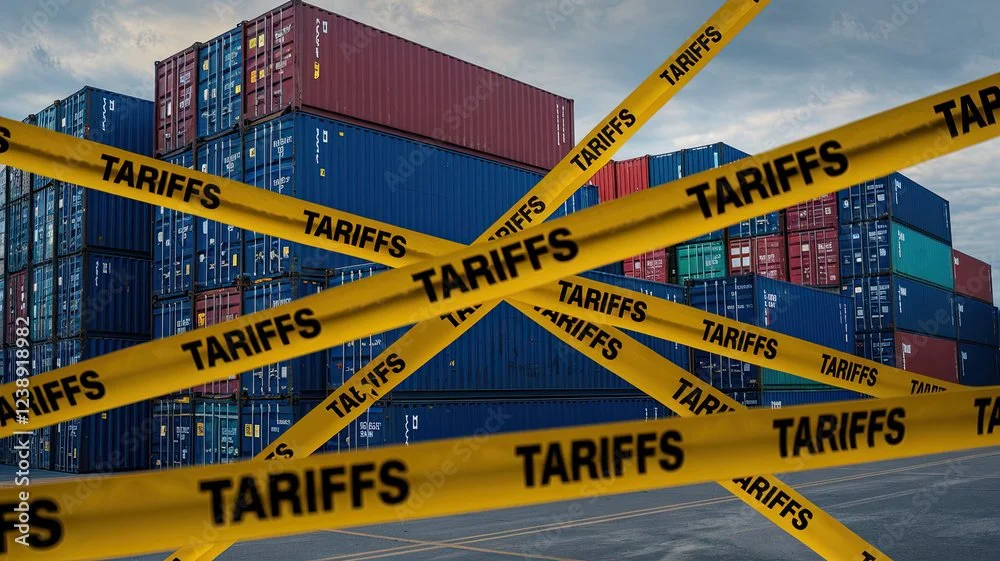Major Question on Foreign Affairs
Tariffs are once again front and center in the news as the U.S. Supreme Court hears arguments Wednesday about the limits of a president’s power to set and direct tariffs. Critics of the tariffs are asking the Court to conclude that tariff policy is a “major question” on which Congress has not spoken, and thus beyond the authority of the president. The government—as well as outside supporters of the tariffs—will argue that presidents have wide constitutional authority over foreign affairs matters by way of Article II of the U.S. Constitution.
Analysis and eternal perspective: Here we are again. Once again, our primary task on the analyzing side of this equation is to lay aside our predisposition about the players involved and consider plainly the questions presented. There are strong and credible arguments to be made on both sides of this debate, and the Court will no doubt have to wrestle with them. We should do the same before instinctively jumping to an absolute conclusion about the proper outcome.
From an eternal perspective, we should recognize this story as having very limited reach. That is not to diminish its significance in the here and now, as the economic decisions of the U.S. government have a massive ripple effect on people all over the world. Even so, the temporary tariff policy of any government does not change any of the fundamental realities of your eternal assignment.
If the Court finds that a president has sweeping authority on tariffs, you should go and make disciples.
If the Court finds that Congress must specifically speak before tariffs are deployed, you should go and make disciples!
The following article originally appeared in Thann’s “The Equipped” Weekly Newsletter. For more information on Thann’s weekly email, click here.

